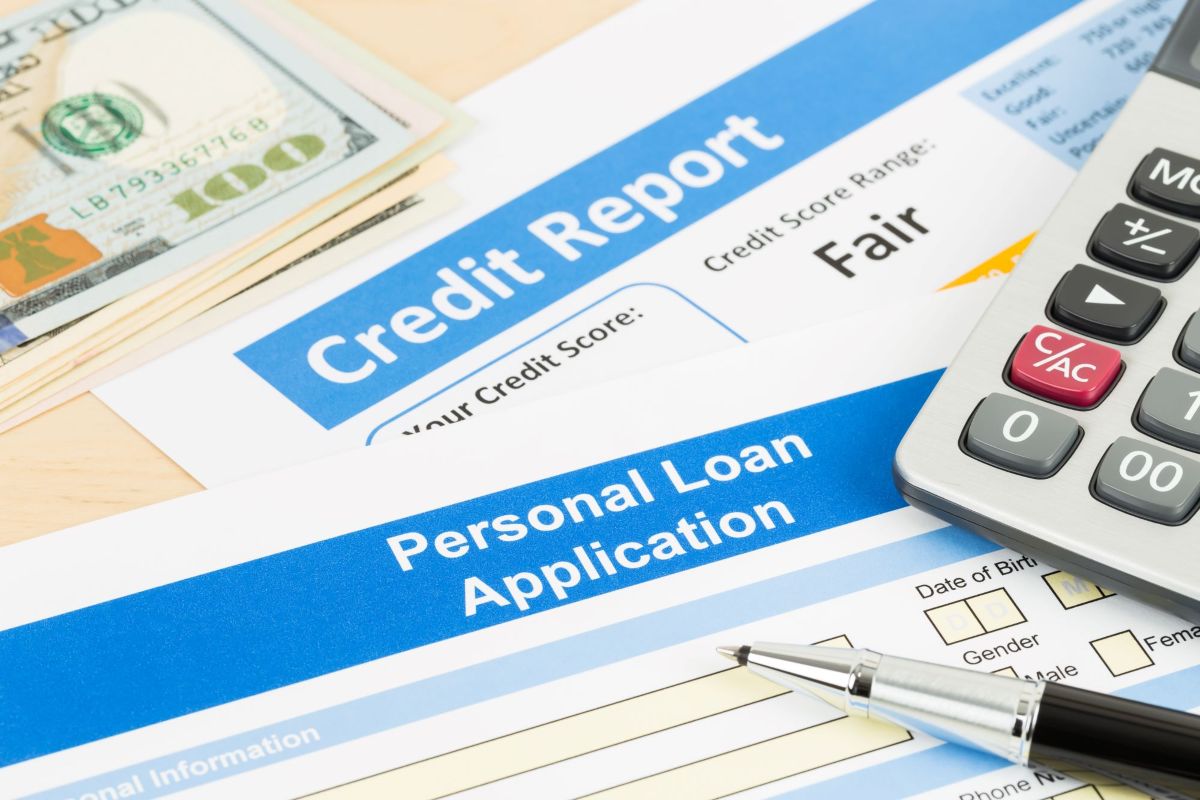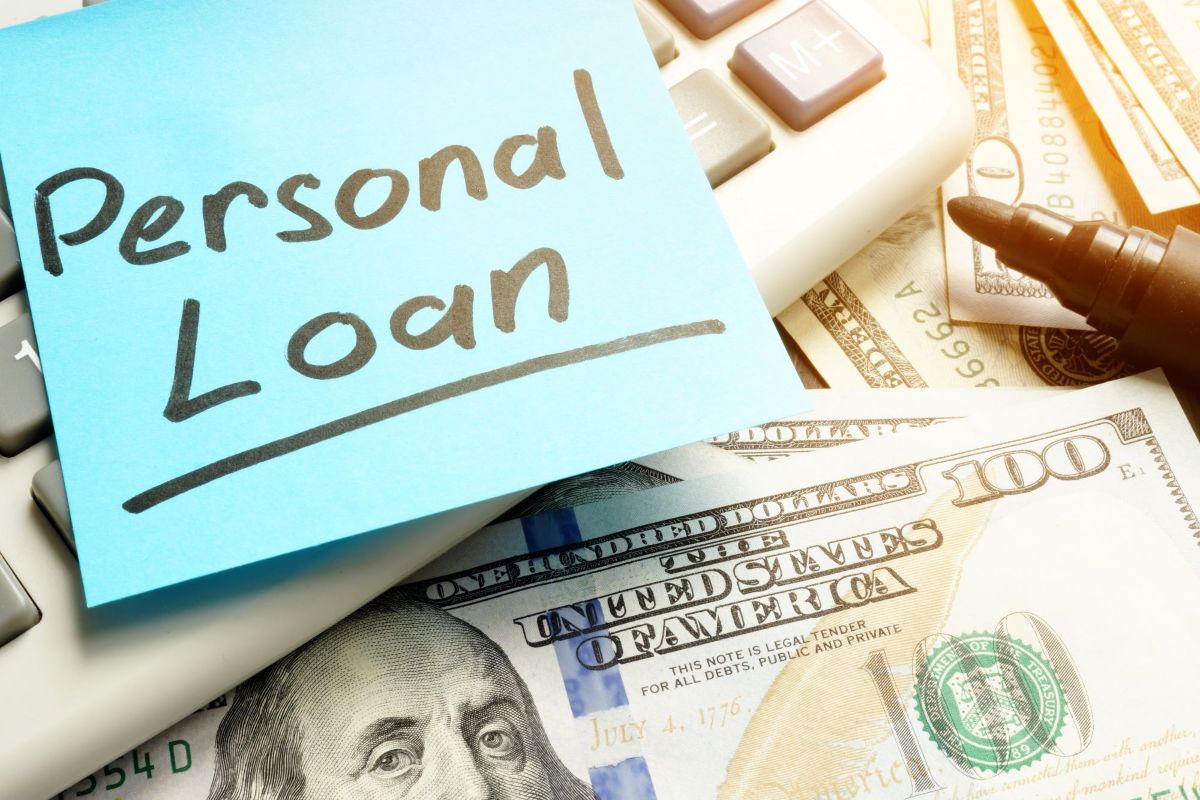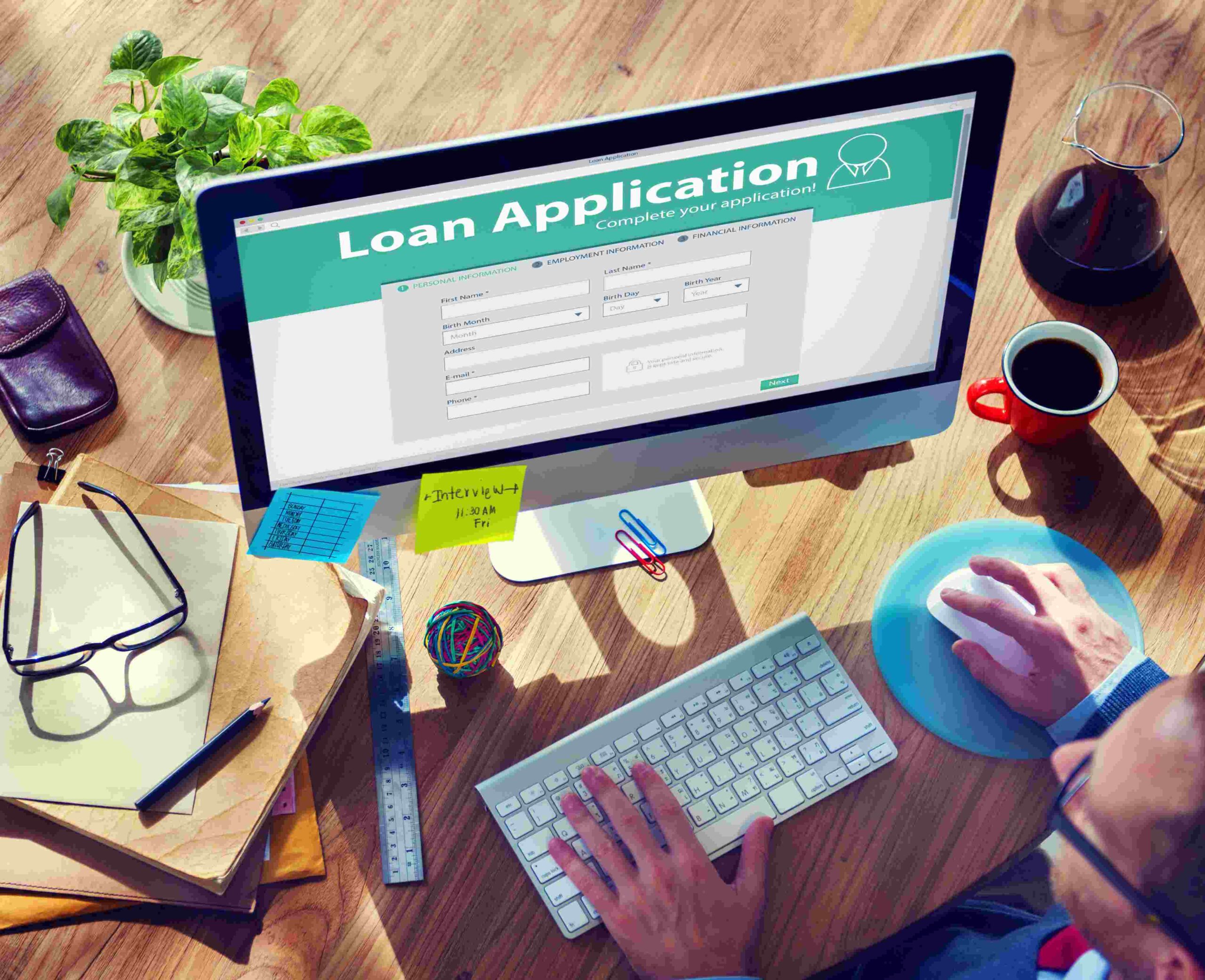Starting your own company can be a rewarding venture. For one, you get to invest your focus and time on something you’re passionate about while earning a living. Perhaps, this is one of the reasons why thousands of small companies get launched each year.
While that’s the case, running your small business isn’t easy. There are various challenges you’re likely to face on the way. One is the lack of enough capital to get your business enterprise off the ground. And even when your company starts to grow, cashflow management is necessary to help you financially support your daily operations.
One of the options you can explore to finance your small business is a personal loan. But before applying for one, it’s best to know and understand its benefits and drawbacks to help you make a more informed decision for your business.
An Overview Of Personal Loans

A personal loan is money you can borrow from banks, microfinance institutions, or online lenders that you pay back in equal monthly installments over a specified time. Depending on the lender’s terms, the monthly installments consist of part of the principal amount and some interests.
Unlike other types of loans, a personal loan doesn’t restrict you to what you can do with the borrowed money. It can give you the flexibility to decide what you want to do with the loan.
You can use it to purchase a car, renovate your home, settle a medical bill, fund your education, and in this case, finance your small business.
Pros Of Using A Personal Loan To Finance Your Small Business

A personal loan can offer several benefits. Here are some pros of using this source of finance to fund your small business:
1. It Offers Lower Interest Rates
Personal loans come in two options- secured and unsecured. A secured personal loan requires collateral for the loan to be approved, which means if you can’t repay your loan, the lender could repossess this asset. On the other hand, an unsecured loan doesn’t require any security.
Personal loans are often offered as unsecured loans, which can be beneficial, especially since you’re still building your business and may need substantial assets to use as collateral.
However, some lenders offer secured loans with higher borrowing limits than unsecured personal loans. And since an asset backs the loan, it also attracts a lower interest rate.
Therefore, a secured personal loan is a great option if you want to pay a lower interest rate for your borrowed money. This can give your small business elbow room when managing your finances and monthly payables.
2. It’s Flexible
Personal loans are generally flexible, which can be beneficial in complementing the financial situation of your small business and its unique needs. As noted earlier, there are no restrictions on what you should use the borrowed money for.
A good example is when taking out a car loan, you must use the money to purchase a car. But with personal loans, you can use the borrowed money for any purpose.
With that in mind, you can use this flexibility to allocate your borrowed funds to support your small business’s needs and operations. For instance, you can use the money to purchase equipment, pay suppliers, pay employees’ salaries, hire new employees, fund a new project, pay your office space’s rent and bills, and even kickstart marketing efforts to boost brand awareness and recognition, to name a few.
3. Has A Predictable Repayment Schedule
Another way your small business can benefit from personal loans is that they’ve got a predictable repayment schedule. In addition, the fact that you’ll repay the loan in fixed and equal monthly installments means that you’ll know in advance how long it’ll take you to clear the balance.
You’ll also be more aware of the amount of interest the borrowed money can attract. As such, you can better manage your small business’s finances to ensure you don’t miss out on remitting your installments and minimize cash flow problems.
4. Ease In Applying
Unlike applying for business loans, personal loan application offers a simpler approach to funding your small business. For example, when getting business loans, banks and other lending institutions may require you to submit documents and paperwork about your business, such as your business plan and financial statements. On the other hand, for personal loans, lenders will usually check your proof of income and credit score to know if you’re eligible.
Depending on the lender, the approval process is generally faster, too. After completing the application form, they’ll assess the supporting documents you submitted, and the money can be deposited into your bank account within the next business day.
This quick process allows you to access funds to support your small business with minimal downtime or waiting time.
Cons Of Using A Personal Loan To Finance Your Small Business

Although there are many benefits to applying for a personal loan to finance your business, it also pays to know the other side of the coin. Here are the major drawbacks of personal loans:
1. Limitation In The Amount You Can Borrow
With a personal loan, most lenders will present you with a lower limit of money you can borrow. This can be a major challenge, especially if you’re looking for a more significant amount to help finance and launch your business. Therefore, applying for a personal loan may not be the best option if you need better funding opportunities.
2. Shorter Repayment Period
Unlike other business financing options, personal loans typically offer shorter repayment terms. For example, some small business loans can have up to 10 years of repayment terms, while personal loans offer two to seven years. That said, it can help to assess your small business’s financial projection to determine whether you can repay your loan within this period.
Takeaway
One of the options you can consider to support your small business’s operations and growth is to apply for a personal loan. Aside from the quick and easy application, this financing option offers flexibility in allocating your borrowed resources.
However, it’d be good to be informed of its downsides, too, such as the amount of loan you can get and the repayment period.
With the list of the pros and cons of personal loans above, hopefully, you can be guided in assessing whether getting a personal loan is the right decision for your small business.
Read Also:
- 9 Startup Financing Options For Startups and Small Businesses
- The Do’s And Don’ts Of Financing Your Small Business
- Things You Need to Know When Taking Out a Personal Loan to Pay Off Debts














